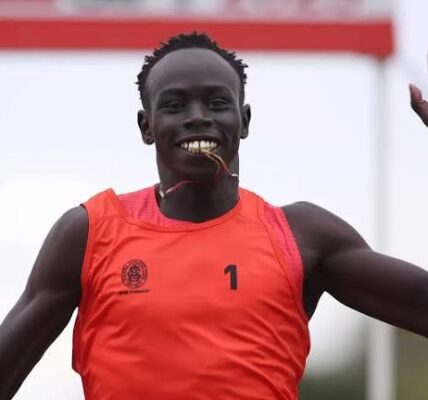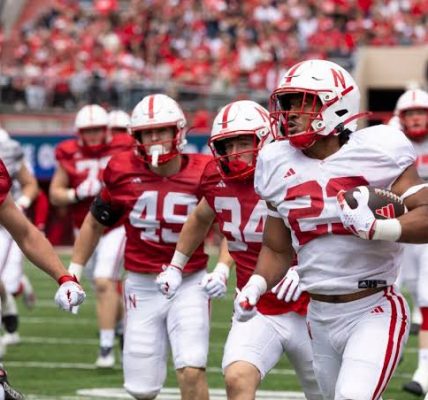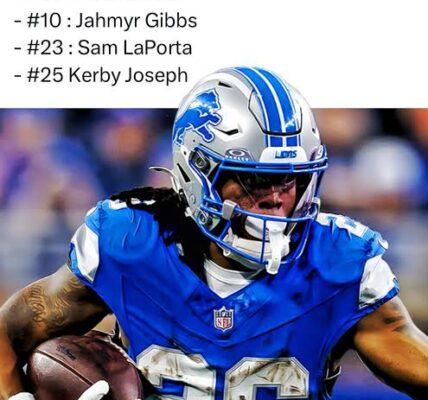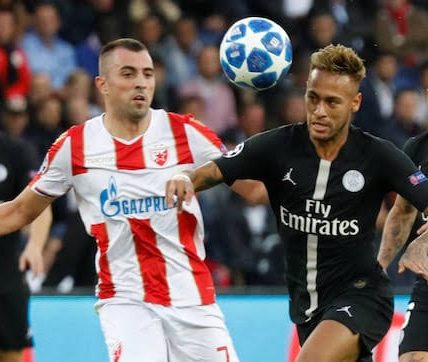Skip to content
85-year-old runner who found himself “shocked, embarrassed” by a marathon honour — along with context, significance and background.
The story
At the recent Irish Life Dublin Marathon, held in Dublin with more than 22,500 participants, one runner stood out for far more than finishing the 42.2 km distance.
Kevin Stynes, aged 85, completed what he said would be his final Dublin Marathon and was honoured with a prestigious medal by the city’s Lord Mayor. (EssentiallySports)
The medal, the Lord Mayor’s Medal, was awarded in recognition of his extraordinary dedication: across decades, he has run multiple Dublin marathons and used his running to raise funds and awareness for Down Syndrome Ireland — inspired by his granddaughter’s diagnosis. (EssentiallySports)
Despite the recognition, he admitted he felt both “shocked and embarrassed,” saying he didn’t believe he deserved the honour. (RTE)
He completed the race in a time of 6 h 18 m 4 s, marking his 42nd consecutive Dublin Marathon. (EssentiallySports)
Why it matters
There are several layers to why this story is noteworthy:
-
Longevity and commitment: Running a full marathon every year (or for many years) is a feat at any age; to do so into one’s 80s is exceptional and speaks to discipline, health, and motivation.
-
Charitable impact: Stynes didn’t run just for personal achievement, but used his participation to support a cause close to him (Down Syndrome awareness and fundraising). That gives the honour extra weight beyond the physical feat.
-
Recognition and humility: The award from the Lord Mayor is a formal civic honour, indicating that his efforts resonated beyond the running community — in the city and for public good.
-
That he feels “embarrassed” shows his humility and possibly his surprise that his consistent work was noticed at that level.
-
Inspirational message: The story challenges stereotypes about ageing and performance.
-
It speaks to “it’s never too late” and “one person’s dedication can make a difference.”
-
The event also garners media attention because the novelty of an 85-year-old completing a marathon and being honoured is inherently newsworthy.
Key quotes and reactions
-
Stynes himself: he said, “I don’t feel I deserve it.” (in reference to the Lord Mayor’s medal) (EssentiallySports)
-
The Lord Mayor commented that Stynes “epitomises the true spirit of the Dublin Marathon” and his lifelong dedication to supporting Down Syndrome Ireland was “nothing short of inspirational”. (EssentiallySports)
-
Media described it as the perfect way to end a remarkable running career. (EssentiallySports)
Background & context
-
Stynes began running the Dublin Marathon at age 43 and had run it every year up to this final one at 85. (EssentiallySports)
-
His motivation sharpened in 2000 when his granddaughter was born with Down Syndrome, and from then on he dedicated his marathon entries to raising funds for the relevant charity. (EssentiallySports)
-
The Dublin Marathon is a major event in Ireland, drawing tens of thousands of runners and wide public interest.
-
His completion (and the context) placed him in a special spotlight.
The “shocked, embarrassed” element
Why did he feel this way? A few possible interpretations:
-
He may feel that he was simply doing what he had always done (running and fundraising) and did not expect or seek a formal award, so the recognition felt overwhelming.
-
The idea of being singled out publicly can make even someone used to endurance events feel uncomfortable — especially as the focus shifts from his effort to his person.
-
At 85, the spotlight may feel more intense than the enjoyable solitude of running perhaps.
-
Humility: the best-athletes or best-known figures often express surprise at honours — reflecting modesty and perhaps the belief that the award is “too much” for what they feel they did.
Why this is a good thing
-
It highlights that older adults can continue to pursue meaningful physical and social achievements.
-
It gives positive visibility to charity-running and lifelong involvement in causes.
-
It shows that cities and communities value not just elite performance but dedication, service, and longevity.
-
For other runners (and non-runners), it can serve as a motivational story: you don’t need to start young or ever win a race to make an impact.
Potential take-aways for you or others
-
If you or someone you know is considering starting or continuing running (or another endurance pursuit) later in life, this shows it can be done.
-
Recognition may come when you least expect it — the focus should be on the journey, not the award.
-
Combining a personal passion (running) with a cause can make the activity more meaningful and sustainable.
-
When an award or recognition arrives, it’s okay to feel awkward — that doesn’t diminish the value of the work done.



